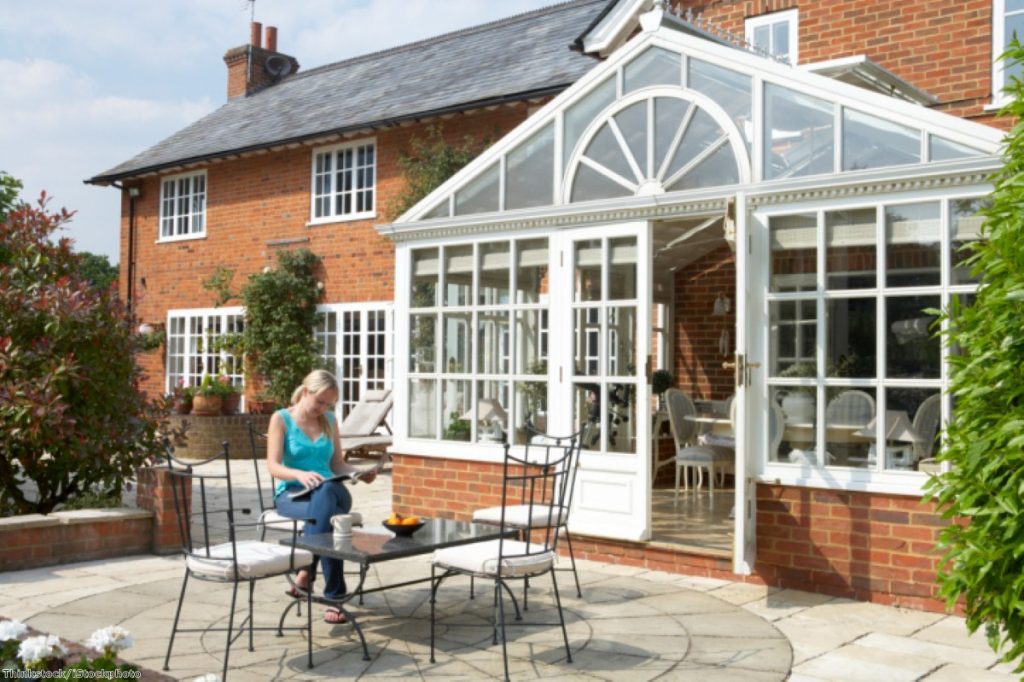Conservatives against conservatories: Coalition faces down extensions rebellion
Conservative and Liberal Democrat backbenchers cut the coalition's majority to 27 but never seriously threatened a defeat in the clash over rules controlling home extensions.
Ministers are now set to boost Britain's struggling construction sector by relaxing the rules on property extensions not requiring planning permission from the local authority for a three-year period.
That had been opposed by a large number of rebel MPs, buoyed up by support from a number of angry Conservative associations, who defied the whips and opposed the measure in this afternoon's vote.
Backbencher Stewart Jackson had told the Commons: "We have seldom had a situation where so many Conservative councillors and councils and other bodies have united to say this is very bad legislation. It offends against the principle of localism."


"It will guarantee disputes between neighbours. I don't think anyone doubts that," Tory rebel Zac Goldsmith said.
"It will be very unpopular and there is no evidence, as far as I can see, that it is going to solve any problems at all. It seems like very bad, clumsy politics."
Communities and local government secretary Eric Pickles failed to win over many Tory opponents by offering concessions, without actually specifying what they would be. The Lords amendment giving councils the chance to opt out of the changes was eventually passed in the Commons by 286 votes to 259.
The changes allow single-storey extensions to detached houses to extend eight metres from the existing building, rather than the current permitted four metres. For semi-detached houses, the three metre-limit would be doubled to six metres. Anything larger requires planning permission.
The Local Government Association (LGA) had predicted an extra 20,000 extensions could be agreed on every year as a result. Opponents believe the move could increase flood risks and ruin neighbourhoods.
But a letter from planning minister Nick Boles to coalition MPs suggested the government now believes an extra 40,000 annual extensions are now possible – making the states of the policy much higher when the division bell rings later.
"Permitted development rights are in place to protect neighbours and communities from excessive development," another likely rebel, Bob Blackman, told the Mail newspaper.
"The current limits offer the right balance between preventing unnecessary bureaucracy whilst protecting against poor planning. The changes that have been proposed will damage this balance."
Issues like drainage and the impact of changes on neighbours' privacy often lead to the rejection of home extension applications by planning officers, but 90% of proposed alterations are given the green light.
The LGA environment and housing board's chairman, Mike Jones, said a "free-for-all" was feared which would allow many previously rejected applications to "sneak back in unimpeded".
"We agree with the government that stimulating the construction industry is essential to economic recovery but sweeping national changes which remove the rights of residents to have a say on development is not the answer," Jones said.
"Government could deliver a much bigger, and more beneficial, boost the construction industry by removing the cap on local authorities' housing investment which would help councils build up to 60,000 new homes."









